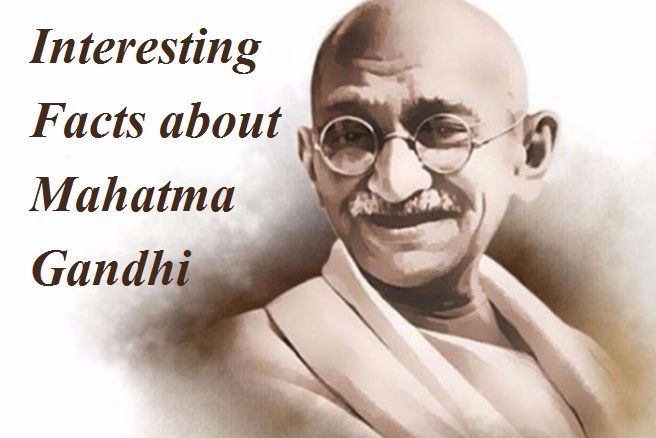
Mahatma Gandhi
Mahatma Gandhi, a name synonymous with nonviolent resistance and tireless advocacy for justice, stands as a towering figure in the annals of history. His life, philosophy, and unwavering commitment to principles of truth and nonviolence make him a timeless source of inspiration for individuals across the globe. As I reflect on the legacy of Mahatma Gandhi, I find in his teachings and actions a profound wellspring of inspiration that transcends time and continues to shape the way we approach challenges in our lives
Champion of Nonviolent Resistance:
Mahatma Gandhi’s philosophy of nonviolent resistance, known as Satyagraha, is perhaps his most enduring legacy. Gandhi demonstrated that it is possible to confront injustice and oppression without resorting to violence. His leadership in the Indian independence movement against British rule exemplified the transformative power of nonviolence, inspiring movements for civil rights and freedom around the world.
Commitment to Truth and Integrity:
Gandhi’s life was a testament to the values of truth and integrity. He believed in living a life aligned with one’s principles, and his commitment to truth was unwavering. His famous words, “Be the change that you wish to see in the world,” encapsulate the idea that personal integrity and authenticity are essential components of creating positive change in society.
Simplicity and Humility:
Gandhi’s personal life reflected a commitment to simplicity and humility. He eschewed material wealth and extravagance, choosing instead to live a modest lifestyle. His ability to connect with people from all walks of life, irrespective of their socio-economic background, showcased the power of humility in leadership. Gandhi’s simplicity serves as a poignant reminder that impactful leadership is not necessarily tied to material wealth or ostentation
Inclusive Vision of Humanity:
Gandhi’s vision extended beyond national boundaries, emphasizing the interconnectedness of all humanity. His commitment to inclusivity, tolerance, and respect for diversity set him apart as a leader who transcended the limitations of narrow identities. Gandhi’s teachings on communal harmony and his efforts to bridge religious and cultural divides remain relevant in a world grappling with issues of intolerance and divisiveness.
Selfless Service and Sacrifice:
The Mahatma’s life was marked by selfless service to others. His willingness to endure personal sacrifices for the greater good, including imprisonment and fasting, exemplifies a profound sense of duty and a commitment to the welfare of others. Gandhi’s selflessness challenges us to consider the impact of our actions on the broader community and to prioritize service over personal gain.
Advocacy for Social and Economic Justice:
Gandhi’s advocacy for social and economic justice was integral to his philosophy. His campaigns against untouchability, his emphasis on the dignity of labor, and his vision for a society free from poverty and inequality underscore the importance of addressing systemic injustices. Gandhi’s teachings continue to inspire movements for social justice and equity across the world.
Conclusion:
In conclusion, Mahatma Gandhi remains a timeless source of inspiration for individuals aspiring to make a positive impact on the world. His philosophy of nonviolent resistance, commitment to truth and integrity, humility, inclusive vision, selfless service, and advocacy for social justice collectively form a blueprint for principled and impactful leadership. As I navigate the complexities of life, Gandhi’s teachings serve as a guiding light, urging me to embrace the principles of truth, nonviolence, and service to humanity in my own journey. The legacy of Mahatma Gandhi endures as a testament to the transformative power of love, compassion, and unwavering commitment to the principles of justice and equality.
By: Tanisha Sethi
Write and Win: Participate in Creative writing Contest & International Essay Contest and win fabulous prizes.


